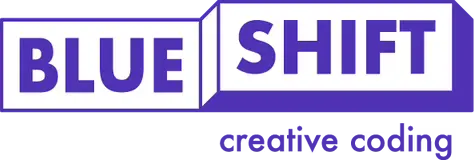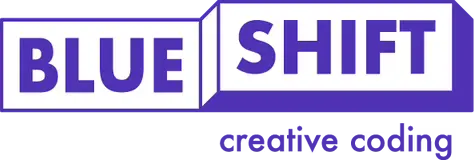What's National Coding Week?
It’s #nationalcodingweek people! That’s right, a whole week dedicated to celebrating the opportunities that coding brings us, all the amazing coders out there, and a chance to acknowledge all the hard work people put into learning this skill. It also aims to build everybody’s digital skills and confidence.
So, a bit more information on the history of National Coding Week…
Why did National Coding Week start?
The founders of National Coding Week were two men, Jordan Love and Richard Rolfe. In 2014 they were inspired by their experience training a group of unemployed individuals coding skills that helped many of them go on to get a job. Since then, National Coding Week has become a celebration of the skills and opportunities that learning to code brings; it recognises existing coders and encourages people all around the world to code.
What is the importance of learning to code?
According to the latest research from World Skills UK, 76% of businesses think that a lack of digital skills will damage their bottom lines, while 88% of young people understand that coding will be essential for their careers (it most certainly is!).
Coding is, and will continue to be, a highly sought-after skill whether you’re working in healthcare, government, banking, finance, tech… the list goes on! Kara Sprague (F5’s General Manager) says “the influence of coding continues to disrupt and transform all industries” and because of this, it’s so important to learn these skills from a young age.
Some FUN FACTS about coding
700!!! Don’t worry BlueShifters, we won’t make you learn them all!
How amazing is that?
Spacecraft engineers often use old-fashioned computer systems, because designing new ones is risky! NASA’s 2011 Space Shuttle was sent into space using a computer designed in the 1970s, using less code than most of today’s mobile phones!
So, that was a brief overview on the history of National Coding Week and the importance of learning to code. We hope that you’re feeling inspired by the opportunities that coding can bring. if you’re ready to kick off - or continue - your child’s learning journey, check out our courses for children aged 5-14.






